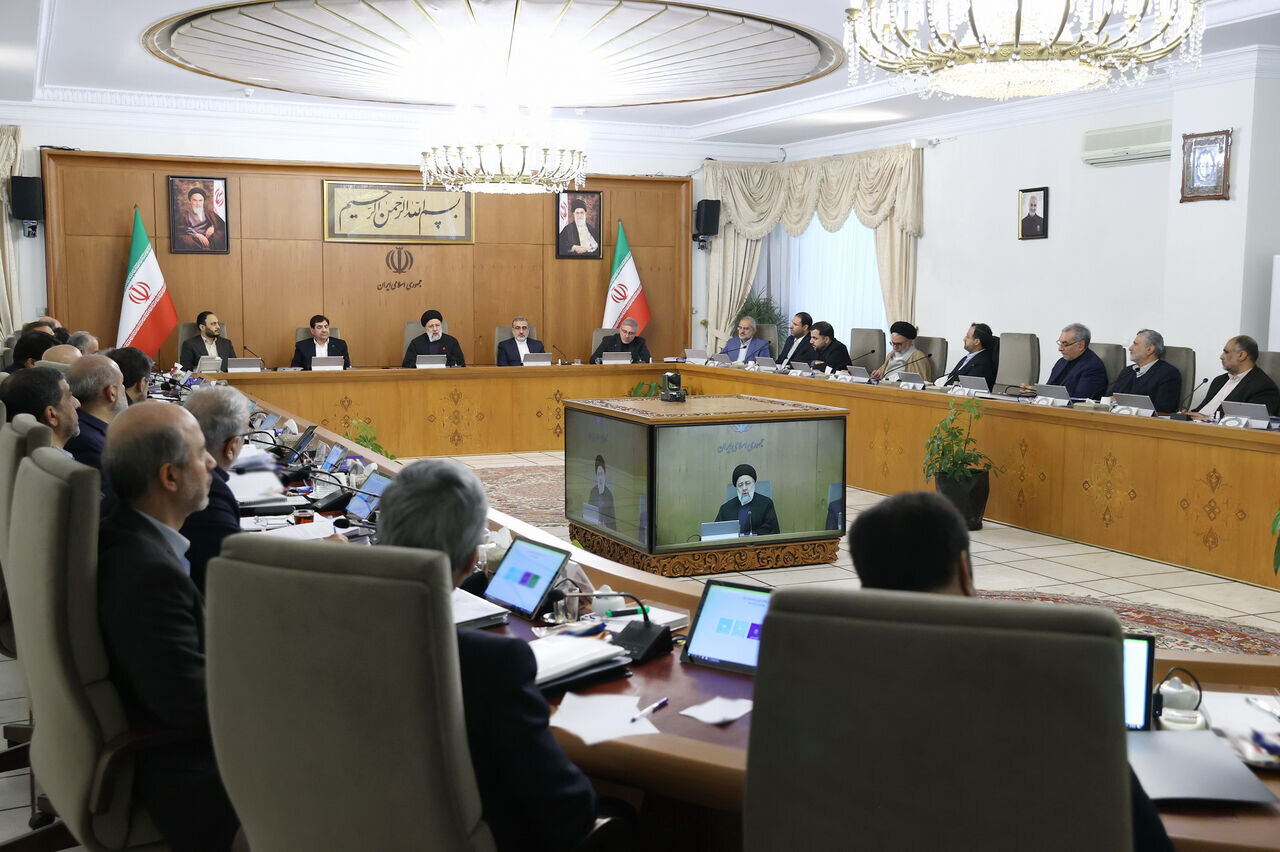Iran president advocates for transparent elections

TEHRAN – Iran’s President Ebrahim Raisi has underscored the government’s commitment to fostering vigorous, competitive, and transparent elections during a recent Cabinet session.
Raisi discussed the crucial role that executive and supervisory bodies play in ensuring the competitiveness and robust public engagement in the upcoming elections for both the Islamic Consultative Assembly (Iranian parliament) and the Assembly of Experts.
The Iranian chief executive reiterated the government’s dedication to orchestrating elections that are vigorous and transparent.
He highlighted the significance of competence as a fundamental criterion for qualification confirmation unless there exists a valid reason for an individual’s potential incompetence.
Iran’s 12th parliamentary elections will be held on March 1st, 2024. The date will also feature elections for Iran’s Assembly of Experts, which elects and oversees the activities of the Leader of the Islamic Revolution.
As the nation prepares for these significant electoral events, the Iranian president emphasized the need for transparent processes that inspire confidence among the electorate. He expressed confidence that a commitment to these principles would contribute to the overall democratic health of the electoral system.
In further remarks, President Raisi highlighted the collaborative efforts between the executive and supervisory bodies to create an environment conducive to broad public participation. He outlined measures to enhance the transparency of the electoral process, including increased scrutiny of qualifications and a commitment to addressing any valid concerns that may arise.
As the nation looks forward to the upcoming elections, President Raisi’s emphasis on energizing the electoral landscape and ensuring the integrity of the process reflects a commitment to strengthening democratic principles and fostering public trust in the democratic process. The government’s proactive stance towards these elections indicates a dedication to promoting a robust democratic culture within the nation.
The Iranian parliament has a total of 290 seats available. To secure victory and serve as a lawmaker for a four-year term, a candidate needs to attain a minimum of 20 percent of the votes cast in their constituency. Should candidates fall short of the required percentage, there is a possibility of a second round of parliamentary elections to determine the outcome for undecided seats.
MAS
Leave a Comment